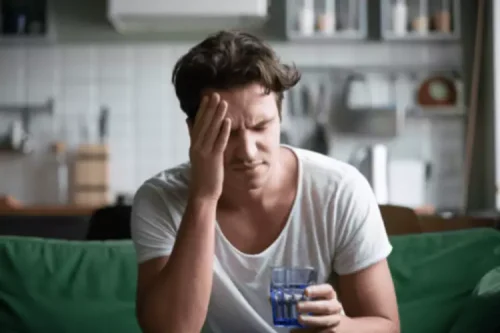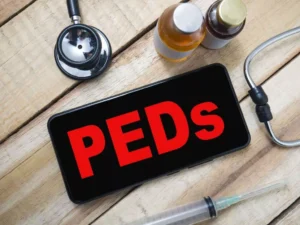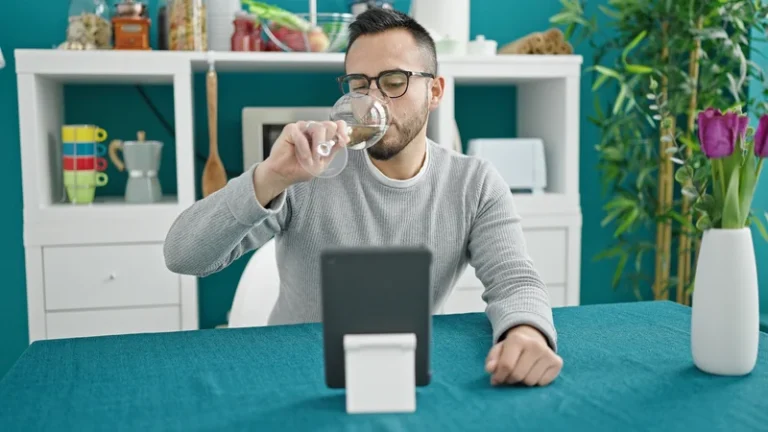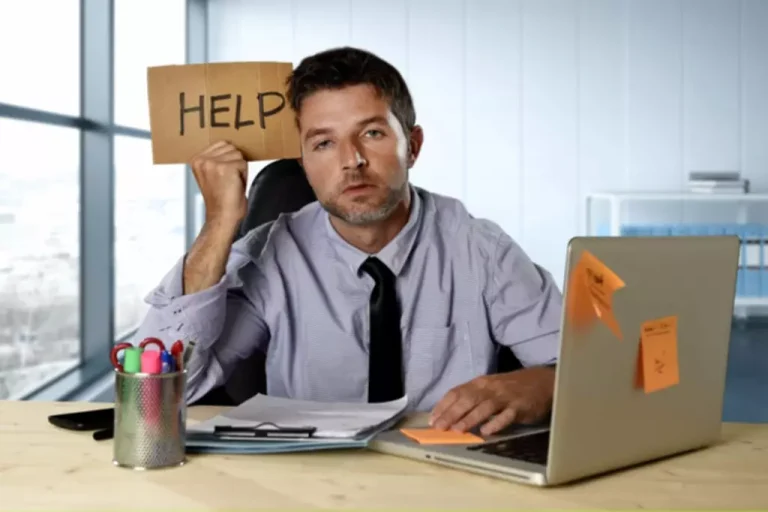Blog
How Alcohol Dehydrates You And What to Do About It

Waking up with dry mouth, throbbing headache, fatigue, brain fog, and nausea are all signs of alcohol-induced dehydration. While you can enjoy alcohol in moderation and make other lifestyle choices that will maintain your hydration, alcohol will never contribute to your hydration goal. If being well-hydrated is one of your personal health goals, water is your best bet. Water is obviously the best source of fluid, but realistically, do other beverages, including alcohol, count toward your daily quota, and if so, how much? Here is everything you need to know about alcohol and hydration. Most guidelines recommend aiming for a total fluid intake of about 11.5 cups (2.7 L) for women and 15.5 cups (3.7 L) for men, which includes water from both foods and beverages (16).
- No matter, when water is pulled from our cells to dilute the sugar concentration in our blood, that will result in dehydrating effects throughout the body.
- Between your Thursday night wine and your Saturday night cocktail, you have a fairly good sense of what kind of hangover you’re in for on Friday and Sunday mornings.
- As MedlinePlus points out, calories from alcoholic beverages can add up quickly.
- Most sodas contain caffeine and have a high sugar content, both of which have dehydrating effects.
- However, it is important to understand the potential long-term effects of alcohol-related dehydration.
Consider electrolyte replacement
The most common symptoms of alcohol dehydration include thirst, a dry mouth, headaches, muscle aches or cramps, fatigue, and dark-colored urine. In addition, cocktails with sugary mixers or caffeinated alcoholic beverages can amplify fluid loss and worsen alcohol-related dehydration. If you notice a dry mouth or other signs of dehydration, stop drinking alcohol and prioritize hydration. Without replenishing electrolytes, the body won’t be able to utilize the water you consume, leaving you dehydrated despite drinking plenty of fluids. Electrolyte imbalance can exacerbate dehydration and worsen the unpleasant aftereffects of drinking alcohol, including headaches, low energy, muscle aches, and poor sleep. « If we don’t (drink adequate fluids) or if we are losing too much water from our body, then the clinical condition of dehydration can occur, » Davis says.

Electrolytes for Endurance & Performance: What …
Dehydration certainly contributes to hangovers but it’s just a piece of the puzzle. Studies have pointed to additional causes, such as inflammation, gastrointestinal irritation, and poor sleep. Excessive drinking can also lead to a buildup of a toxic substance called acetaldehyde. When your body can’t get rid of acetaldehyde quickly enough, you may experience your body getting rid of this substance the next morning (usually by vomiting) [5].
Can sugar cause dehydration?

Regardless of what the answer might be, it’s important to consume alcohol in moderation and responsibly, following the CDC’s guidelines to limit daily intake to two drinks or less for men and one drink or less for women. « Every time you drink beer, it goes directly to your liver, » says Gomer. « The body has no ability to store alcohol, as it recognizes it as a toxin. It is then prioritized by the liver to be used for energy. » Use these social-bookmarking links to share Why does drinking alcohol cause dehydration?.
Can Increase Your Risk of Chronic Diseases
If you or someone else is experiencing these symptoms, seek immediate medical attention. Intravenous (IV) fluids may be required to stabilize you if you’re experiencing severe dehydration. Alcohol decreases the amount of ADH your body produces, making it harder to retain enough fluids. The higher the alcohol content, the greater this effect will be. The Centers for Disease Control and Prevention (CDC) recommends that men don’t exceed two alcoholic drinks in a day and that women limit alcoholic beverages to one drink or less.

Choose Drinks with Lower Alcohol Content
Craft beers can be particularly misleading because while they have an ABV closer to that of wine, they’re generally served in much larger portions. Moderating your intake of the beverages listed above and drinking plenty of water can help prevent dehydration. Listening does liquor dehydrate you to your body and learning to recognize signs of dehydration can also be beneficial. According to a small study in 11 men, consuming beer with a 5% alcohol content after exercise increased urine output significantly more than consuming a sports drink did (10).
- Follow drinking behaviors that are best for you, not what everyone else is doing.
- Consuming one beer leads to a 62% increase in urine produced compared to having a glass of water.
- However, due to how alcohol affects the production of ADH, you will still become dehydrated after drinking beer.
- Most hard liquors have high alcohol content; the alcohol by volume (ABV) of liquor is around 40%.

Alcohol also suppresses the antidiuretic hormone vasopressin, exacerbating this beverage’s diuretic effect and dehydration capacity. It’s normal to lose water from your body every day by sweating, breathing, peeing, pooping, and through tears and saliva (spit). Usually, you replace the lost liquid by drinking fluids and eating foods that contain water. If you lose too much water or don’t drink and eat enough, you can get dehydrated.
As Gomer mentions, sleep can be impaired even if you consume a light amount of alcohol during the day. When consuming alcohol, the liver kicks into gear to metabolize the alcohol, which can result in a fitful night of sleep. So while more research is needed to know for certain, beer may not dehydrate you as much as other alcoholic beverages without as high of a water content. Not all alcoholic drinks will affect your hydration status to the same extent. Certain beverages contain more water, while others have a greater amount of alcohol by volume. With interrupted production of vasopressin due to the consumption of alcohol, you start to lose more water through urination, which can cause those symptoms of dehydration.

Getting the right sodium-to-potassium ratio from dietary sources can be challenging, and taking electrolyte powder is an excellent strategy to replenish lost electrolytes and rehydrate your body after alcohol consumption. In addition to limiting certain foods and drinks, you can eat more hydrating foods, like fruits and vegetables, and drink adequate amounts of water to maintain optimal hydration. You can combat dehydration by cutting back on foods high in added salt, like fast foods, chips, and pizza, and limiting your intake of alcohol and drinks very high in caffeine.
- Dr. Zack says there isn’t any clear evidence that a sauna can help you burn fat and lose weight.
- If you drink too much fluid to try to hydrate yourself, you could end up with swelling in the limbs (peripheral edema) and fluid buildup in the lungs (pulmonary edema).
- Peeing more frequently can increase your water loss, raising your risk for dehydration.

